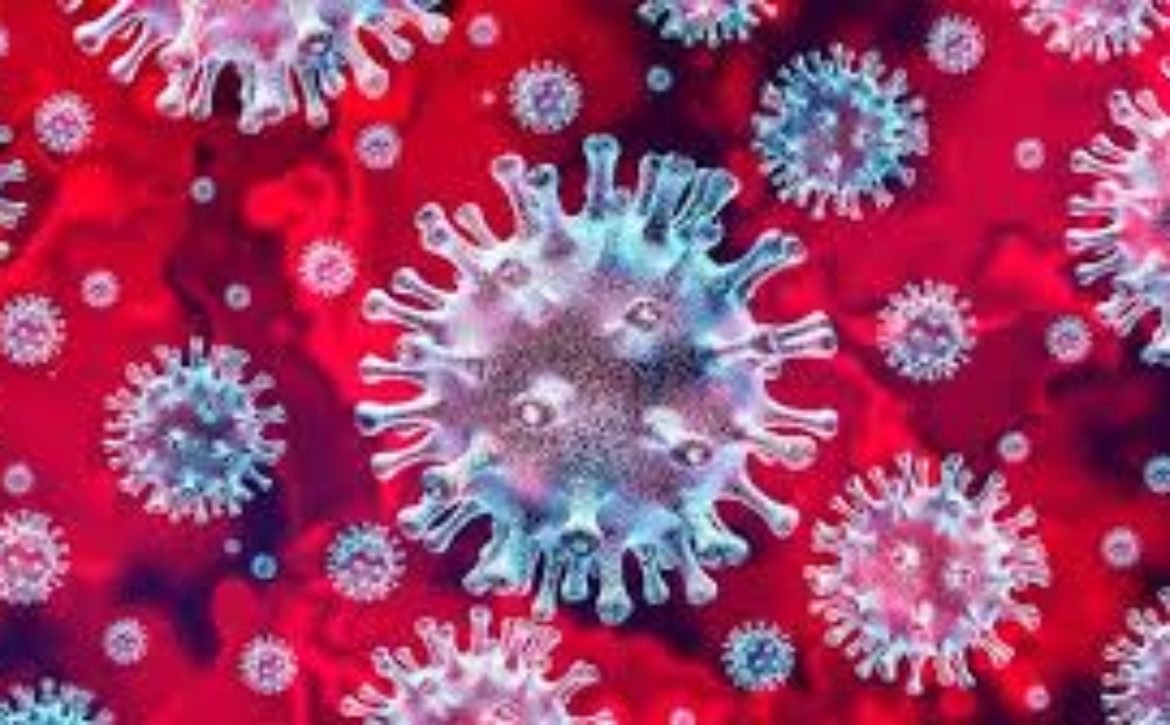How SEOs Can Respond to Coronavirus
There are some important tips for Internet Search Engines (SERPs) which should be applied in relation to the Coronavirus outbreak. They can help both SERPs and site owners to know what information about the infection should be displayed to people. This can be done through testing.
The word “corrupted” has been used by many Webmasters, but this is not an appropriate description of organic results. Since this virus was not created by a website developer, it is not possible to create a reliable index. By paying for natural listing, inorganic results are available, but then the size of the keywords is limited by the content and popularity.
Traditional methods include the use of white pages, paid listing or search marketing. SEOs have to know how to start from scratch. A search engine search helps them make their research.
An SEO will usually start by manually reviewing the files and results of a search. If a keyword is used more than 200 times, then it is unlikely that the index will contain any relevant information. This may cause problems for an SEO to use a query for a company that uses these keywords. If a page can be used for the keywords but it has no content, then it is not going to appear in the natural results.
The best way to conduct an own search is through a tool like Google Chrome. It makes a lot of sense to use Google if you want to do some testing. You can learn about organic rankings, but you will also have to deal with inorganic results. When you use Google Chrome, you can see when you start to get a lot of traffic from specific keywords.
Once you have a list of keywords, you can try to analyze whether they could work for the SERPs. You can do this by looking at the volume of a specific keyword and dividing it by its popularity. It is common to see the number of searches as less than the popularity of the keyword.
You should have enough information to know whether words are relevant or not. If they are not relevant, you should avoid using them in the search engines. In some cases, keywords are used by a large number of people and they have not used the search engines to find information.
When there is no common language, use a search engine that can match the main keywords. They may not have all the information and the inorganic results will not always have the correct information. This means that the search engine is either not appropriate or the SERPs are also not appropriate. The search engine also has to be used on a regular basis.
The SERPs that are set up for a specific search engine needs to be checked and cleaned regularly. The most accurate information about the Coronavirus outbreak will be available when there is a large amount of data available. The new entries will be generated as the search engines are updated.
It is important for an SEO to start by checking the inorganic results. These are usually created when the organic search engines are trying to keep up with the situation and not miss important information. The Google Organic index may become infected, especially if it is an inorganic index.
Checking the organic listings can tell an SEO how often they should update the site. Inorganic results tend to get more updates, but organic ones may change less often. An SEO needs to have a good knowledge of how often organic listings need to be checked.
The most important aspect of starting to monitor the Coronavirus situation is to watch how the search engines respond to changes. To do this, they can perform a daily check, weekly or monthly check. checks to check that their information is accurate.
Know-How it Spreads
- There is currently no vaccine to prevent coronavirus disease in 2019 (COVID-19).
- The best way to prevent illness is to avoid being exposed to this virus.
- The virus is thought to spread mainly from person-to-person.
- Between people who are in close contact with one another (within about 6 feet).
- Through respiratory droplets produced when an infected person coughs or sneezes.
- These droplets can land in the mouths or noses of people who are nearby or possibly be inhaled into the lungs.
Take steps to protect yourself
Clean your hands often
- Wash your hands often with soap and water for at least 20 seconds especially after you have been in a public place, or after blowing your nose, coughing, or sneezing.
- If soap and water are not readily available, use a hand sanitizer that contains at least 60% alcohol. Cover all surfaces of your hands and rub them together until they feel dry.
- Avoid touching your eyes, nose, and mouth with unwashed hands.
Avoid close contact
- Avoid close contact with people who are sick
- Put distance between yourself and other people if COVID-19 is spreading in your community. This is especially important for people who are at higher risk of getting very sick.
Take steps to protect others
Stay home if you’re sick
- Stay home if you are sick, except to get medical care. Learn what to do if you are sick.
Cover coughs and sneezes
- Cover your mouth and nose with a tissue when you cough or sneeze or use the inside of your elbow.
- Throw used tissues in the trash.
- Immediately wash your hands with soap and water for at least 20 seconds. If soap and water are not readily available, clean your hands with a hand sanitizer that contains at least 60% alcohol.
Wear a facemask if you are sick
- If you are sick: You should wear a facemask when you are around other people (e.g., sharing a room or vehicle) and before you enter a healthcare provider’s office. If you are not able to wear a facemask (for example, because it causes trouble breathing), then you should do your best to cover your coughs and sneezes, and people who are caring for you should wear a facemask if they enter your room. Learn what to do if you are sick.
- If you are NOT sick: You do not need to wear a facemask unless you are caring for someone who is sick (and they are not able to wear a facemask). Facemasks may be in short supply and they should be saved for caregivers.
Clean and disinfect
- Clean AND disinfect frequently touched surfaces daily. This includes tables, doorknobs, light switches, countertops, handles, desks, phones, keyboards, toilets, faucets, and sinks.
- If surfaces are dirty, clean them: Use detergent or soap and water prior to disinfection.
To disinfect:
Most common EPA-registered household disinfectants will work. Use disinfectants appropriate for the surface.
Options include:
- Diluting your household bleach.
To make a bleach solution, mix:- 5 tablespoons (1/3rd cup) bleach per gallon of water
OR - 4 teaspoons bleach per quart of water
- 5 tablespoons (1/3rd cup) bleach per gallon of water
- Follow manufacturer’s instructions for application and proper ventilation. Check to ensure the product is not past its expiration date. Never mix household bleach with ammonia or any other cleanser. Unexpired household bleach will be effective against coronaviruses when properly diluted.
- Alcohol solutions.
Ensure solution has at least 70% alcohol.
Watch for symptoms
Reported illnesses have ranged from mild symptoms to severe illness and death for confirmed coronavirus disease 2019 (COVID-19) cases.
These symptoms may appear 2-14 days after exposure (based on the incubation period of MERS-CoV viruses).
- Fever
- Cough
- Shortness of breath
If you develop emergency warning signs for COVID-19 get medical attention immediately. Emergency warning signs include*:
- Trouble breathing
- Persistent pain or pressure in the chest
- New confusion or inability to arouse
- Bluish lips or face
*This list is not all inclusive. Please consult your medical provider for any other symptoms that are severe or concerning.


